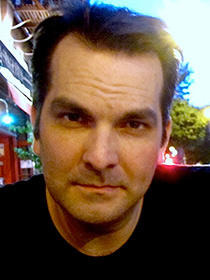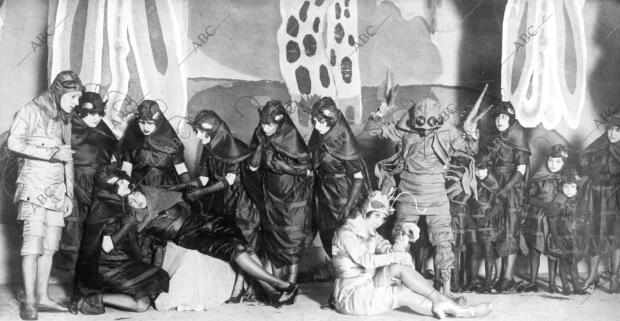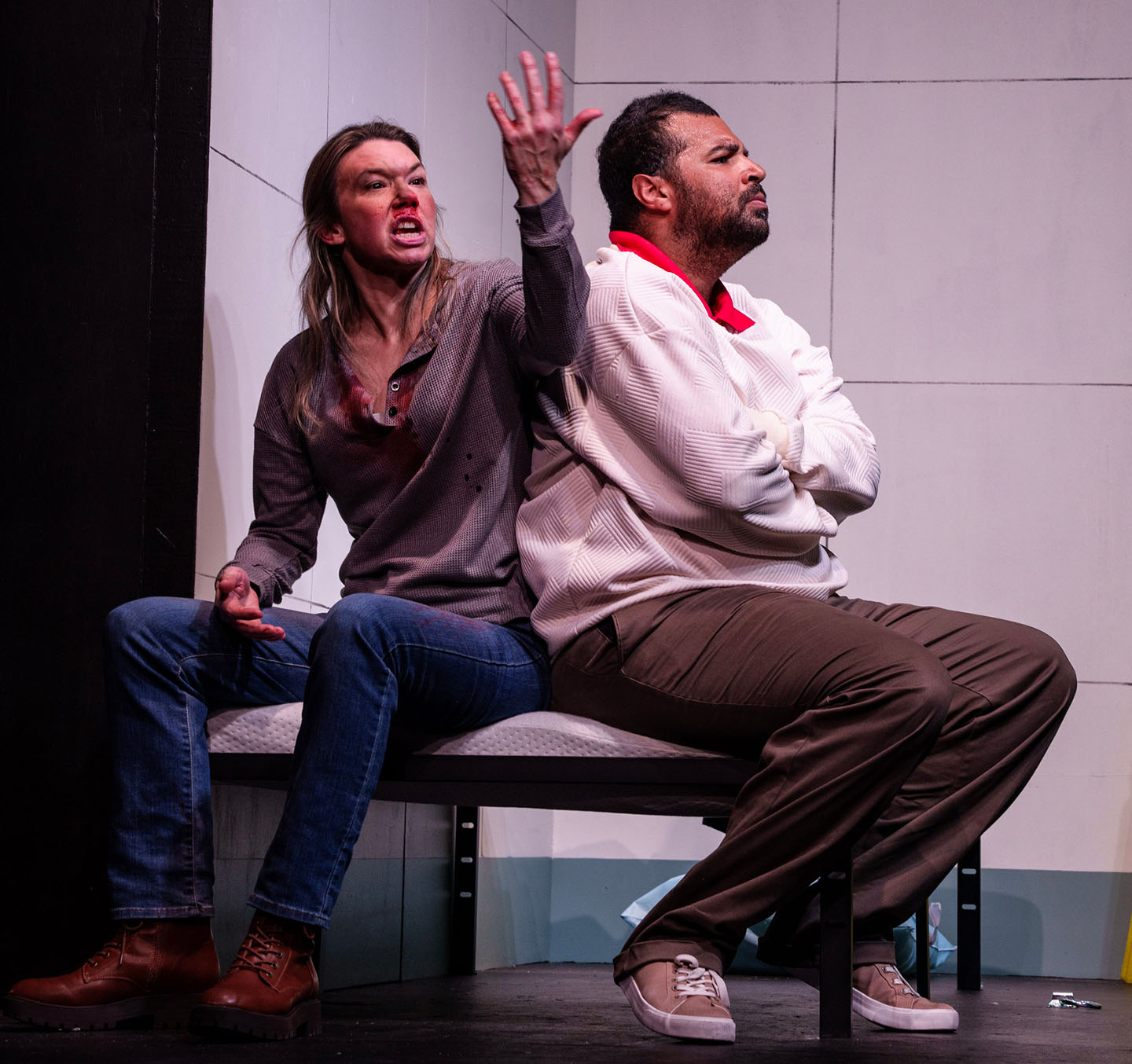We’re about half-way through the rehearsal process for our new adaptation of THE BUTTERFLY’S EVIL SPELL and so checked in with some of the creatives with a few questions. Here’s our first collection of answers!
JESSY JULIANNA: Doña Escarabajo, et al
Blogsite: Is there a quote from the show standing out to you now that you’re at the halfway mark in creation?
JJ: “Poet, tell mankind that love grows with as much intensity in all planes of life. That the rhythm of the leaf rocked by the wind is the same as that of the distant star and that the words spoken by the fountain in the shade are spoken in the same way by the sea.” – Prologue
Blogsite: what you are most excited about audiences experiencing?
 JJ: I’m really excited for audiences to enter this world and see life through the eyes of these creatures we don’t ever give a second thought to. This play has a way of talking about time in a way that makes us very aware of what a gift it is and it connects us all as living beings. These bugs, to some degree marvel at their everyday world and talk about the things we take for granted into these large and wondrous things (sunrise, the breeze, dew drops) I think that’s one of the things I love the most. It makes the “ordinary” into extraordinary and it really puts a magnifying glass into being truly present in this world while we are here. If an audience member walks away contemplating on how magical a dew drop actually is then that’s pretty awesome!
JJ: I’m really excited for audiences to enter this world and see life through the eyes of these creatures we don’t ever give a second thought to. This play has a way of talking about time in a way that makes us very aware of what a gift it is and it connects us all as living beings. These bugs, to some degree marvel at their everyday world and talk about the things we take for granted into these large and wondrous things (sunrise, the breeze, dew drops) I think that’s one of the things I love the most. It makes the “ordinary” into extraordinary and it really puts a magnifying glass into being truly present in this world while we are here. If an audience member walks away contemplating on how magical a dew drop actually is then that’s pretty awesome!
MELÍA LORENZ: Negromántica, et al
 One of my favorite lines in the show:
One of my favorite lines in the show:JEREMY DOUGLASS: Composer, additional lyrics, keys
 “Time will burn them out.” I liked this so much I wrote a whole original song about it:
“Time will burn them out.” I liked this so much I wrote a whole original song about it:Do not call the flame, my loveDo not waste its breath.The wind already hums its hunger, the roots already drink our death.The house you wish to burn has bones of dust and aching beams.Let the years undo the mortar, et the rain unthread the seams.The rose you crush with eager hands would crumble softer in the frost.
The river never fights the mountain, yet wears it down until it’s lost.
The wolf is patient in the dusk, the moon still gnaws the tallest spire.
Why burn the thing that waits to crumble?
Why rush the ash when time conspires?
DAVID JENKINS: Director
 Man, finding a single quote is rough, heh. There are a few in Curio’s last speech that hit me pretty hard. The young beetle is a poet, for sure:
Man, finding a single quote is rough, heh. There are a few in Curio’s last speech that hit me pretty hard. The young beetle is a poet, for sure:









